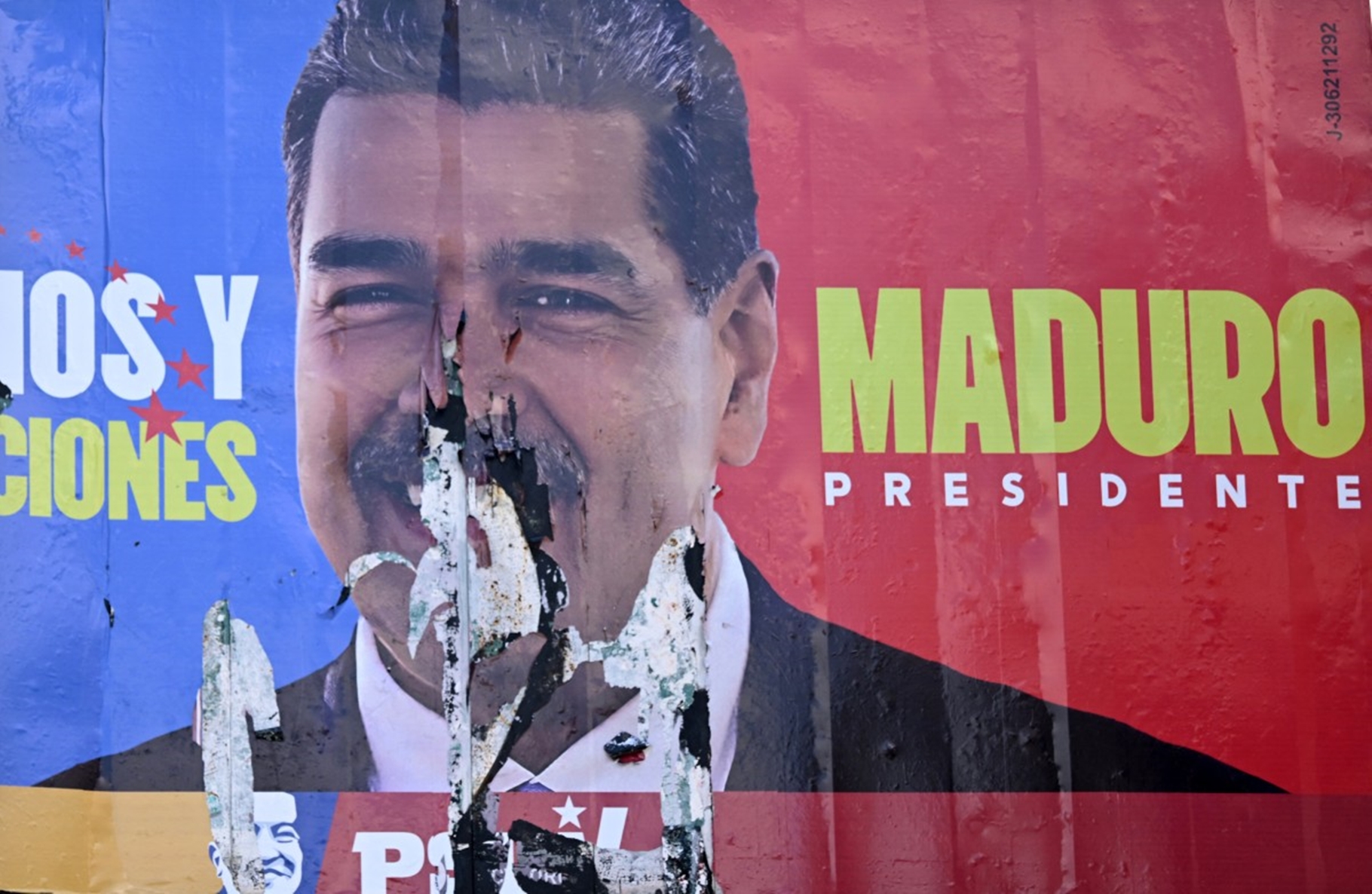Serious human rights violations in Venezuela

The Casla Institute recorded serious human rights violations in the electoral context in Venezuela and He described the presidential elections of July 28 as the worst that has been monitored.
Although they were unable to directly observe the process on the ground, they were able to monitor it daily through numerous collaborators who acted as observers and reported in real time on the days leading up to, on and after the election day.
A report by Casla details numerous irregularities including absolute disadvantages, systematic persecution and imprisonment of members of the ConVzla command, especially collaborators and coordinators of the Vente Venezuela party, led by María Corina Machado.
Security agencies constantly persecuted leaders and members of political parties, harassing and intimidating their families and issuing threats from high-ranking government officials.
Threatening graffiti was reported at party headquarters and residences, as well as hate speech by Nicolás Maduro, who warned of a possible “civil war” if he loses the elections.
Casla Institute: the military violated the Constitution
The institute recorded that high-ranking officers of the Bolivarian National Armed Forces also They violated the Constitution by urging people to vote for Maduro to continue the “Chavez revolution,” and mentioned the need for a civil-military union and the defense of the government with weapons.
Despite these obstacles, the report notes, The opposition demonstrated historic courage and bravery, fighting against a tyrannical regime and achieving a resounding victory in the elections.
On Friday, July 26, the day of the installation of the polling stations, 23 repressive incidents were recorded in just three days, including eight arbitrary arrests, threats, harassment and the presence of patrols of the Bolivarian National Intelligence Service in the residences of opposition members.
Several party leaders and coordinators had to sleeping outside their homes to avoid being arrested or kidnapped.
Casla received several complaints through its complaints page opened for the occasion.
On July 26, the day of the installation of the tables in the voting centers, At least 15 incidents were reported in which some centers opened before the established timewith cases such as the Macín Durán School in Vargas and the Adrián Rengel de Sequera Kindergarten School in Monagas, which opened at 3:00 am.
Voting table members and witnesses were also denied access to 59 polling stations across the country.
On July 28, voting day, there were 1,000 registered voters. 29 incidents regarding delays in opening the tables, some of which remained closed for much of the election day.
Threats, harassment and violence in Venezuela
Other polling stations reported serious violations of electoral law, such as the irregular scanning of identity cards by Plan República and the telephone transmission of voters’ identity cards, carried out in many cases by members of the ruling party.
The allegations also included forced assisted voting in places such as the Experimental University of Security in Caracas, where Students were forced to vote for Maduro under threat of not receiving their university degree.
Arrests of students for protesting were reported, as well as identity theft, manipulation of voting machines and the use of accidental witnesses.
Between July 28 and 30, Casla received 22 complaints of threats, harassment and violence against voters, including situations in which alleged armed groups and subversive groups prevented access to voting centres and attacked voters.
Arbitrary arrests, attempted kidnappings, raids and disappearances of people who participated in the demonstrations were also reported.
The Casla report concludes with a detailed record of electoral repression, which includes arbitrary arrests, beatings and disproportionate use of firearms by security agencies and armed groups.
All of this, he said, was carried out with total impunity.
Independent journalism needs the support of its readers to continue and ensure that uncomfortable news that they don’t want you to read remains within your reach. Today, with your support, we will continue working hard for censorship-free journalism!
